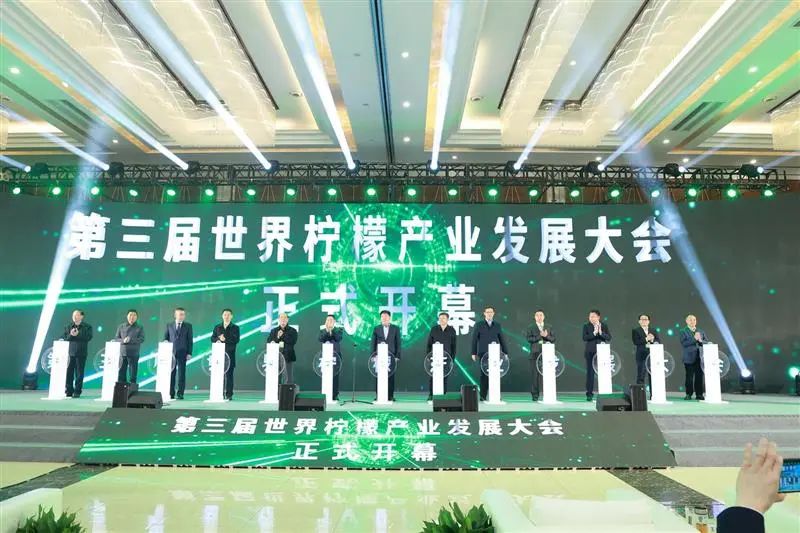The China-EU Agreement on Geographical Indications officially entered into force on March 1, 2021. It is China's first bilateral comprehensive and high-level agreement on the protection of geographical indications (GIs), and an important and practical outcome in the development of China-EU economic and trade relations in recent years.
We will continue to introduce to you the first batch of 100 Chinese GIs and 100 European GIs under the Agreement, to better protect and market them to meet the needs of consumers on both sides for a better life.
GI Episode 40: Anyue Lemon
Lemons are a local specialty of Anyue County, Ziyang City, Sichuan Province.
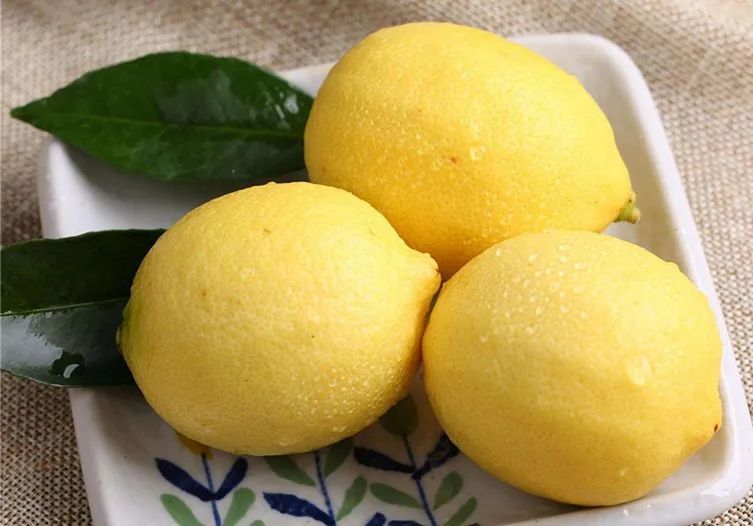
Recognized as the “lemon capital” in China, Anyue is China’s only county as a lemon production base and one of the world’s five major lemon-producing areas, where the planting area, output, and market share of lemons all account for over 80% of China’s total. Owing to favorable natural conditions and years of cultivation, domestication, and pure-line selection, the Anyue lemon is of good quality, tasty and nutritious. It is a fine variety that can be eaten fresh or processed for other purposes.
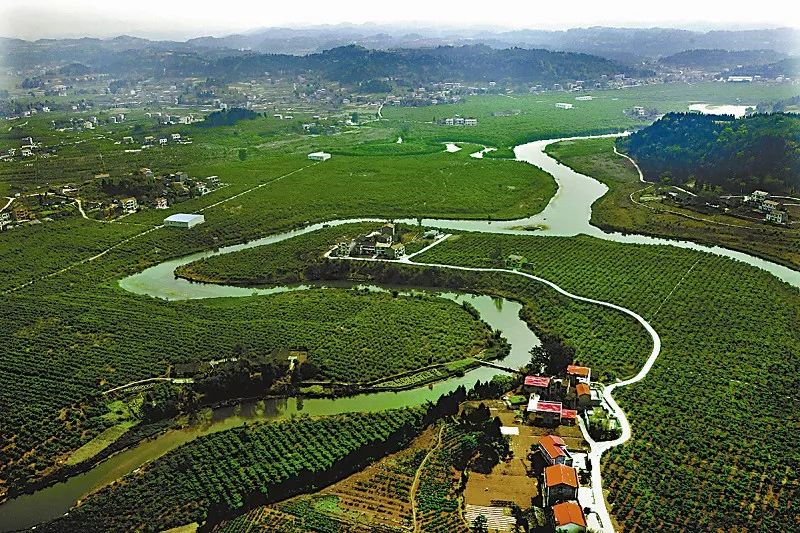
The Anyue lemon dates back over 90 years. When the Canadian missionary Frank Dickinson stopped off his journey at the West China Union University (WCUU, present-day West China Medical Center, Sichuan University) in Chengdu in 1926, he planted on campus a Eureka lemon tree as an ornamental plant. In 1929, a WCUU student Zou Haifan introduced the species back to his hometown in Longtai, Anyue. Lemons had since been used for ornamental or medical purpose or eaten fresh by the locals until 1949 when the People’s Republic of China (PRC) was founded. The Anyue lemon has been grown on a large scale ever since. Today, its planting area is 480,000 mu (approximately 320 square kilometers), which can yield 600,000 tons of lemons worth RMB15.14 billion (USD 2.17 billion) annually. This makes Anyue the third-largest lemon-producing area across the world and the largest in Asia. The lemons are exported to more than 30 countries and regions overseas, winning Anyue and Sichuan a good reputation for lemon planting.
Mr. Zou would never expect that a little seedling he planted is bringing about an industry valued at over RMB 100 million for his hometown.
Located between the Tuojiang and Fujiang Rivers in the hilly area east of the Sichuan Basin, Anyue County is suitable for lemon planting in terms of climate and soil. It has a subtropical and humid monsoon climate, featuring four distinct seasons, a temperate climate, sufficient sunshine, and a long frost-free period. Meanwhile, this hilly land is flat in terrain, with well-drained, gentle slopes. Its warm, purple soil with deep soil horizons contains rich minerals.
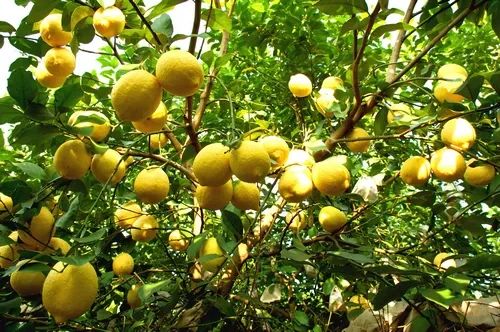
In Anyue County, lemon trees bloom and bear fruits three times a year, respectively. The elegant trees have new leaves and petals in purple, large and dark-green leaves, and a wide crown. Since the flower, leaf, and fruit all contain perfume oil, the crown always gives off a fragrant perfume, thus making lemon a precious ornamental plant. The citrus fruit is oval or egg-like in shape, with a mammilla on top. The pericarp of lemon has big, irregular-arranged oil cells and a pleasant smell. It turns light yellow or greenish yellow when mature and citrine after storage. The pulp is light yellow, and the juice is abundant in vitamins and such essential elements to human body as calcium, phosphorus, and iron, which can improve vascular elasticity, skin metabolism, and liver and kidney function, counteract high cholesterol, and prevent hypertension and other diseases. The oil content accounts for 7.4% in the lemon fruit. As a second-class natural essential oil, the lemon essential oil is applied to produce high-quality food, cosmetics, and drinks and serves as a major ingredient of limonene that can dissolve gallstones. Its citrus pectin is an important material for food, medical, and textile industries. The lemon seed oil can lubricate aircraft and rocket engines.
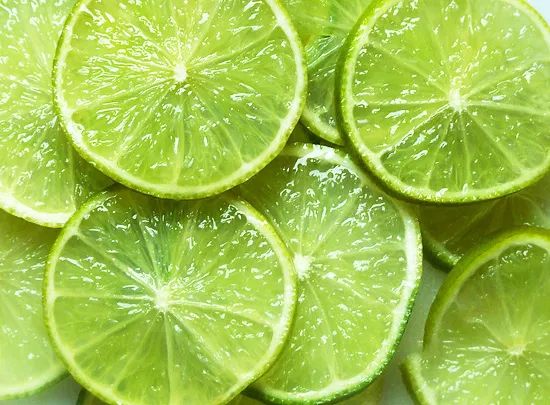
According to regular tests carried out by the Citrus Research Institute of Chinese Academy of Agricultural Sciences, the Anyue lemon performs better than those from California in the US, Sicily in Italy and other regions in terms of essential oil in pericarp, citric acid, citral, limonene, vitamin C and other major indicators. It is acclaimed as “a gem of fruits” for its world-leading quality. Anyue now boasts 208 varieties of lemon products under 39 categories and is home to 561 lemon processing firms, with an annual processing capacity of 300,000 tons. This indicates that the Anyue lemon has a promising future.
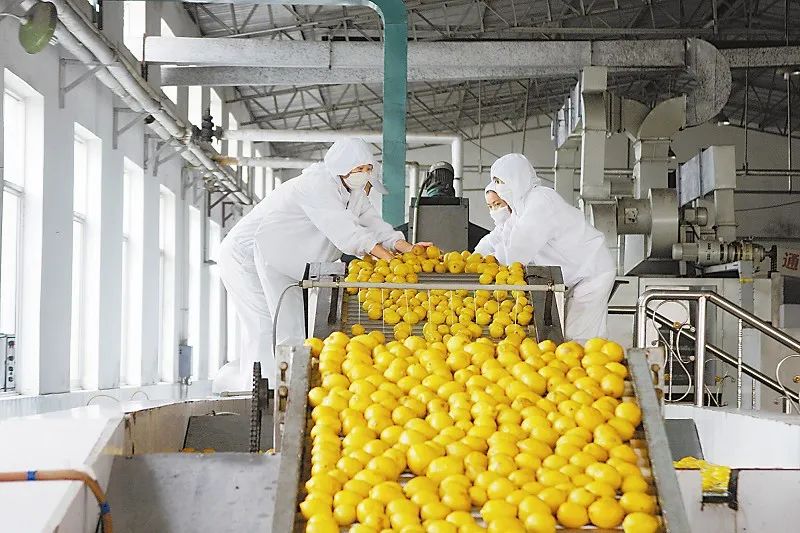
Having a solid industrial foundation, Anyue County hosted the first Lemon Industry Development Conference in 2019, at which its representatives discussed with representatives from the world’s four major lemon-producing areas in Turkey, the US, Italy, and Spain, how to pursue high-quality and green development of the lemon industry. On November 25, 2022, the Third World Lemon Industry Development Conference kicked off in Anyue. The county will seek the expansion and upgrade of the lemon industry through openness and cooperation and by applying technological innovation, thus achieving higher quality development.
